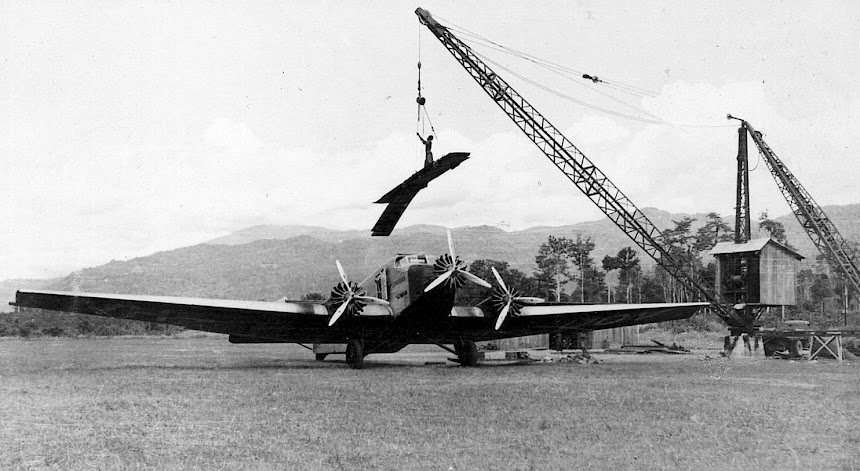Bulolo MP and deputy leader of
Opposition Sam Basil today (Sunday August 19) commended the enforcer of the Leadership
Code - the Ombudsman Commission – for its proactive response on his call for
public accounting on funding of elections.
“I am pleased that that acting Chief
Ombudsman John Nero has taken my public call on parliamentary leaders and
political party executives to account for their election campaign funding seriously,” Basil said, following an EMTV news item featuring Mr Nero’s public comments
on Saturday evening.
The head of PNG’s watchdog said on
TV that the Ombudsman Commission would investigate the use of District Services
Improvement Programme funds by both ousted and returned MPs.
Open MPs are
chairmen of their joint district planning and budget priorities committees
which determine priorities for disbursement.
It is estimated that the 89 Open MPs
had access to some K27 million each from 2007-2012 in DSIP funds.
That equates
to an expenditure of at least K2.4 billion for the five years of the eighth
Parliament. Equitably divided annually, that’s K480 million.
“The figure of K500 million estimated
by the un-named international observer is a very serious issue," Basil said.
" As I said
previously, we in Papua New Guinea Party have made no secret of what was spent
– and we can honestly and transparently point to the source(s) of these funds.
“But the question of who spent the
K470 million, where the source of these funds are, and who was responsible in
making them available strikes at the heart of integrity of returned Members of
Parliament.”
The vibrant Bulolo MP said that the
public needed to know where the monies came from.
“Did they originate from the public
purse? How were they authorised? And by whom? Were Public Finance (Management) Act
procedures followed in their disbursement, transfer or re-allocation – and in
accessing these public funds?
“And if the funds were foreign, have
these been made known to the Registrar of Political Parties? What were the
purposes these foreign funds were given to political parties and/or candidates
who might now be Members of Parliament?
“No returned MP – including Prime
Minister Peter O’Neill, Treasurer Don Polye, Petroleum and Energy Minister
William Duma, Public Service Minister Sir Puka Temu – and even the provincial
governors - can hold their heads high until an investigation dispels these dark
clouds hovering around.
“Naturally those of us who were in
the O’Neill-Namah Government must be the first to face the music.
"But the
investigation by the Ombudsman Commission must extend to use of other State
Assets like departmental vehicles, aircrafts and sea vessels.
“I am also calling on the Ombudsman
Commission to make public their own investigations into the NPF Inquiry, the
Cayman Islands deal, the Sandline issue, who gave the order for the
assassination of the late Theodore Miriung, and the multiple-breaking of PNG
domestic laws, invasion of Solomon Islands airspace and sovereignty, and breaches
of other international aviation laws in the apparent state-aided clandestine
escape of former Solomon Islands Attorney-General Julian Moti.
“And what is going to happen to the
K800 million debt exposed by former Prime Minister Sir Mekere Morauta in the
abuse of Independent Public Business Enterprises to borrow to fund PNG’s stake
in the multi-billion ExxonMobil-led PNG LNG Project?
Basil said that these and many
more costly controversies involving the public purse affect leadership
integrity and could be – if not already – the cause of public distrust in
political leadership.
“Leading PNG statesmen in the current
O’Neill Government – and newer MPs – cannot be trusted by the public unless all
these matters are aired and resolved publicly by the relevant Government
authorities,” the Bulolo MP said.
“The Ombudsman Commission as lead
agency in enforcing the Leadership Code must mobilise other sister agencies to
intensely and expeditiously investigate these matters.
“If Mr Nero and his colleagues in
other law enforcement agencies do this, the people’s negative perceptions and
attitudes will settle and confidence can be restored in political leaders."
